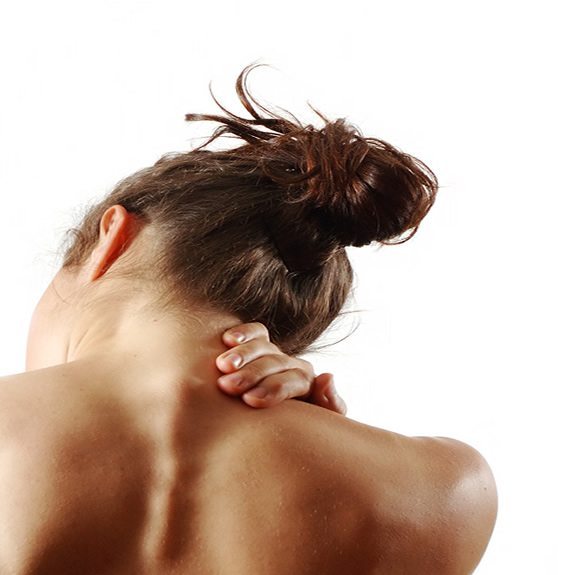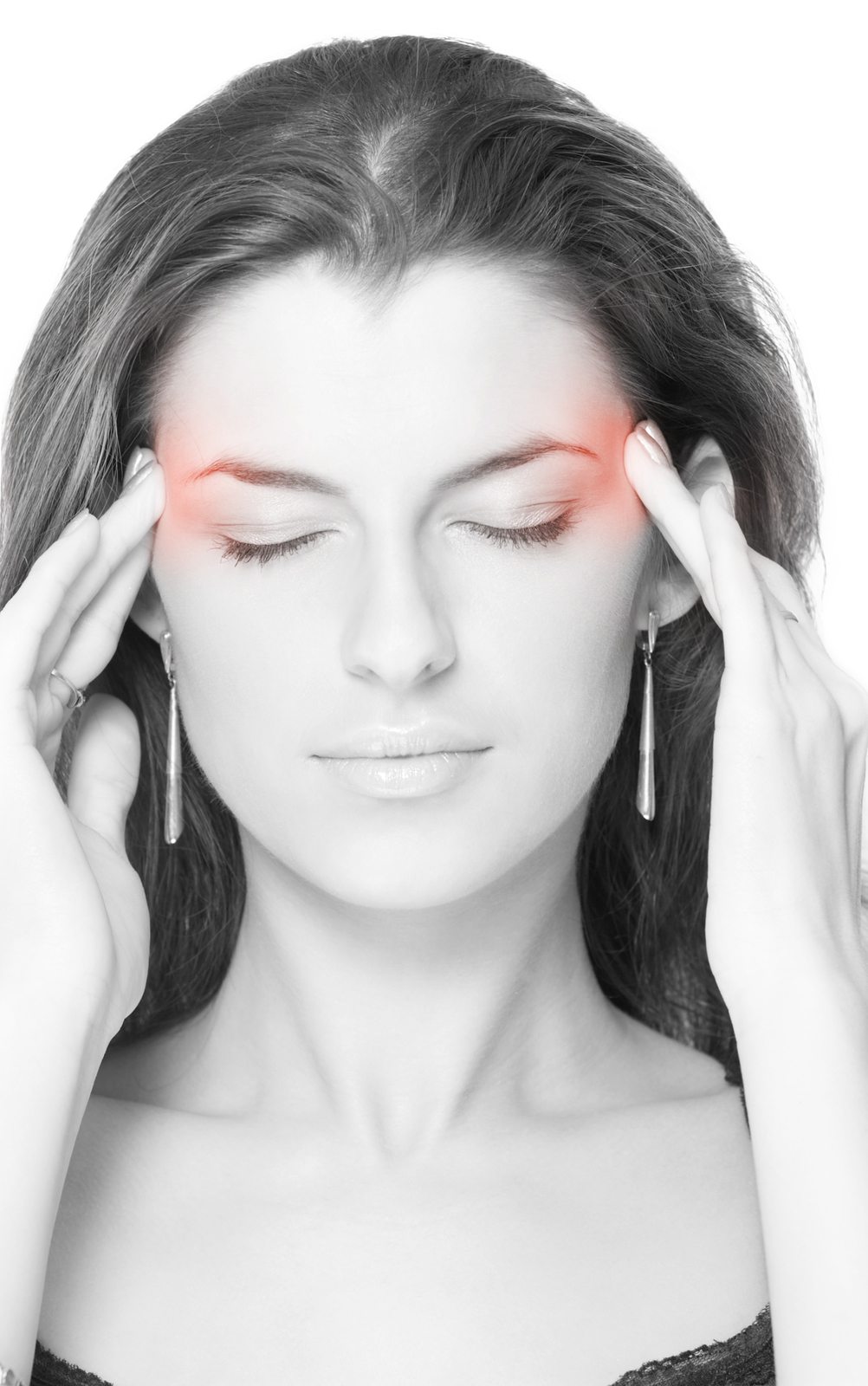Book your first Appointment
Physica Headache Clinic
Physica clinics have staff with additional post graduate skills in the management and treatment of headaches. This service assists our patients in cervicogenic headache management but also offers professional development to other clinicians in the assessment and treatment of Musculoskeletal headaches. Staff working in this area work alongside GPs and neurologists who share expertise in this region. Headache is considered to be pain in the head which can extend from the skull into the side, front or top of the head. 15-20 % of all chronic and recurrent headaches are attributed to problems in the upper three joints in the neck.
Assessment
Identify what is going on for you and what the source of the problem is
Treatment
Provide you with treatment to get you moving in the right direction immediately
Plan
Create a tailored solution to help you get the results that you want personally

Migraines
Migraine is a severe headache generally on one side of the head associated with nausea, vomiting and auras (visual disturbance, e.g. Flickering). These patients, when having an episode avoid normal daily activities and often need rest to recover. There is a strong genetic link with migraine sufferers, and medication can help manage symptoms.
Common causes of headaches include; dysfunction in the upper three joints of the neck, poor posture, cervical spine muscle weakness, trauma such as whiplash or serious pathology, which may require medical involvement. Other risk factors include; stress, hormonal factors and diet. The key to successful treatment is identifying the underlying driving mechanism. In cervicogenic headache, the mechanism is via the trigeminocervical nucleus (TCN) (a specific part of the brainstem) which acts as a relay zone for input from the neck and the head up to the brain. We know that patients with migraine and tension-type headache have a sensitised TCN which predisposes them to headaches.
Our Headache Physiotherapists
Treatment
Your Physica Headache practitioner will take a detailed history to establish the severity, intensity and frequency of your headaches to determine the possible contributing factors. A thorough examination will be performed to identify the specific musculoskeletal impairments (restricted movement, muscle weakness, postural contributions) causing your headache and a management plan will be devised and implemented. Best results consist of a combination of manual therapy and specific exercises for cervicogenic headaches. We will work closely with your G.P and, if required, neurologist to return you to good health.
Several of our Physiotherapists have undertaken post graduate education in the assessment and treatment of neck and jaw related headaches. These are often classified tension type headaches or cervicogenic headaches. Headaches can be a very disabling condition. Our goal is to be able to reproduce and eliminate your headache, whilst helping you mange them for an improved quality of life. Many of our team have over 20 years of clinical experience having helped 1000’s of people with headaches.
Optimum Care
At Physica our team ensure you get the latest treatment techniques to achieve the best outcomes.
Highly Qualified
Our team are some of the highest qualified Physiotherapist in Australia.

Headaches
Headache is considered to be pain in the head which can extend from the skull into the side, front or top of the head. 15-20 % of all chronic and recurrent headaches are attributed to problems in the upper three joints in the neck.
Common headache types include cervicogenic headache (neck origin), tension type headache and migraine. Research has shown that Physiotherapists can accurately diagnose a cervicogenic headache with specific assessment procedures. Further, physiotherapy has been shown to be successful in treating cervicogenic headache patients.
A cervicogenic headache is classically a sidelocked headache that starts with neck pain and stiffness, pain is then referred to the back ,side or front of the head. These headaches are commonly accompanied by restricted neck movement and patients often describes other symptoms such as blurred vision, nausea and light sensitivity.
Tension type headaches are commonly related to muscular tension and are sometimes called ‘stress’ headaches. Pain is often bilateral (both sides) at the back of the head and can refer to the front of the head. There may be associated shoulder pain or stiffness in these patients.
